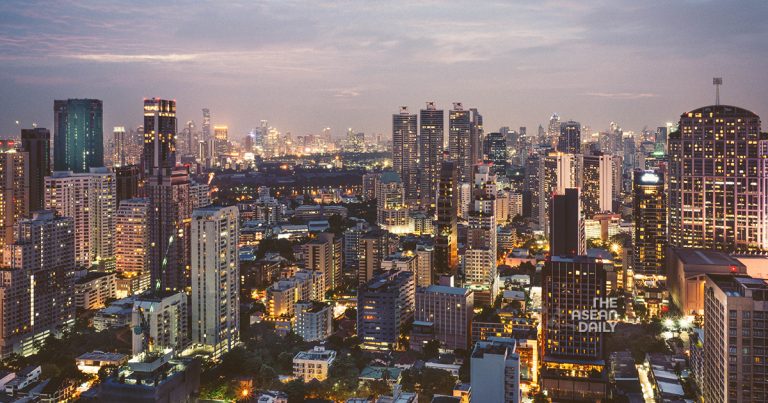19-9-2023 (BANGKOK) Prime Minister Srettha Thavisin has instructed the Finance Ministry to conduct a comprehensive review of the new land and building tax, as well as the inheritance tax, in an effort to tackle income inequality in the country.
Following the appointment of a new director-general of the Revenue Department by the cabinet on Monday, Prime Minister Srettha, who also serves as the Finance Minister, called for the review to be carried out. The collection of inheritance tax has been relatively low, with only around 200 million baht being collected each year, which is considered insignificant and merely symbolic.
“It is often seen that whenever there is a political change in the country, inheritance tax becomes a topic of discussion. Many people may not be pleased with this,” stated Prime Minister Srettha.
“However, income disparity continues to persist, and the fundamental principle is that when an individual receives income, regardless of its source, they should pay taxes. The same principle applies to receiving an inheritance.”
Additionally, the Revenue Department recently amended its notification regarding the taxation of specified foreign-sourced income. The amendments, which will take effect from January 1, 2024, aim to streamline and clarify the taxation process.
As for the implementation of the 20-baht train fare within three months, the Prime Minister acknowledged that it poses challenges and complexities. The implementation involves compensating the private sector with a total of 60 billion baht, ensuring seamless connectivity, and introducing an all-in-one ticketing system.
“To further alleviate the cost of living, we are also considering increasing the minimum daily wage,” added Prime Minister Srettha. He revealed that an official announcement could be expected in November, with the new minimum wage taking effect from January 1, 2024. Currently, some private sector businesses offer daily wages exceeding 400 baht, which will be reviewed by the government to establish an appropriate rate.
The government has chosen Krungthai Bank’s Pao Tang app for its digital wallet project. During a policy briefing session with Finance Ministry executives, Prime Minister Srettha confirmed that the necessary budget of 560 billion baht for the project is available. Further details on the project will be unveiled within the next 10 days.
The restriction of a 4-kilometre radius is aimed at stimulating local economies and preventing an excessive concentration of wealth in urban areas. The digital currency provided through the digital wallet can be used to purchase various daily necessities, although the specific items eligible for purchase have yet to be determined. The one-time cash handout will require a budget that may exceed or fall short of 560 billion baht, depending on the number of eligible citizens.
Furthermore, if the scheme can be implemented by February 1, 2024, the Prime Minister expressed confidence that it would lead to increased employment as businesses rush to produce goods and services in support of the government’s measures. Consequently, economic stimulus would occur prior to the implementation of the measures.
“The digital wallet scheme aims to provide short-term income to the public and is expected to be implemented within the first quarter of next year,” explained Prime Minister Srettha.
“Regarding the debt suspension project for farmers, a long-term plan is necessary to generate higher and sustainable income for the agricultural sector.”
Another key priority is attracting foreign direct investment, which has a significant positive impact on both short-term and long-term GDP growth.
During his upcoming trip to the United States for the UN General Assembly, Prime Minister Srettha will endeavor to attract investment from some of the world’s largest companies. The discussions will focus on Thailand’s competitiveness, investment opportunities, and free-trade agreements.
“Thailand’s strengths lie in its strategic location and well-developed infrastructure, including international-standard airports and seaports, a strong financial system, world-class healthcare, and a multitude of international schools and colleges,” highlighted Prime Minister Srettha.
“Furthermore, Thailand serves as the kitchen of the world, ensuring a level of food security amidst global food shortages. It is also a major exporter of food, including halal products to Middle Eastern and African countries.”




